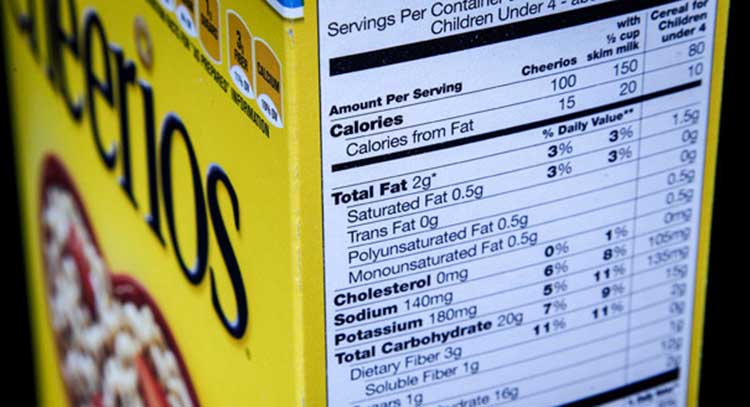Blood donation helps those who will require transfusions for certain medical conditions, usually the more serious ones. If you are a diabetes patient, you may be wondering can diabetes patients donate blood?
Can Diabetes Patients Donate Blood?
Yes. If you have diabetes and have an intention to donate blood, then you will be glad to know that you can safely do so. However, there are certain requirements to meet before you can safely do so. All diabetes patients are eligible to give blood donations. However, it is important that you ensure that your metabolic condition is under control and you are in good health before doing so.
Having your condition under control means that you maintain a healthy blood sugar level. This means that you should be vigilant of your blood sugar level each day by ensuring that you eat the right food and exercise regularly. Living a healthy lifestyle can help to keep the level of your blood sugar within the healthy range. If you are prescribed with a medication, make sure that you administer it as advised.
Health Screening
Blood donation centers have a screening process that will require those who will donate to disclose any of pre-existing health conditions. This is the time where the Red Cross staff will evaluate your vital stats and determine your pulse, blood pressure and temperature. They might also gather blood samples in order to determine your level of hemoglobin.
It is important to inform the staff that you have diabetes during screening. The staff may ask you other questions and it is also important that you answer honestly. The type of medications you are on will not in any way affect your eligibility to donate blood.
Blood Donation Process
The entire process of donating blood should take around an hour. The actual time spent in transfusing blood will only take about ten minutes. You will be seated in a comfortable chair while you are donating blood. The person who will assist you will have to sanitize your arm first before a needle is inserted. The needle will only cause a slight pain, like you are being pinched. After the needle is in, there will not be anymore pain.
You should also discuss with your doctor about your plans to donate blood. Your doctor will advice you on whether you are fit to do so, given your current health condition.




